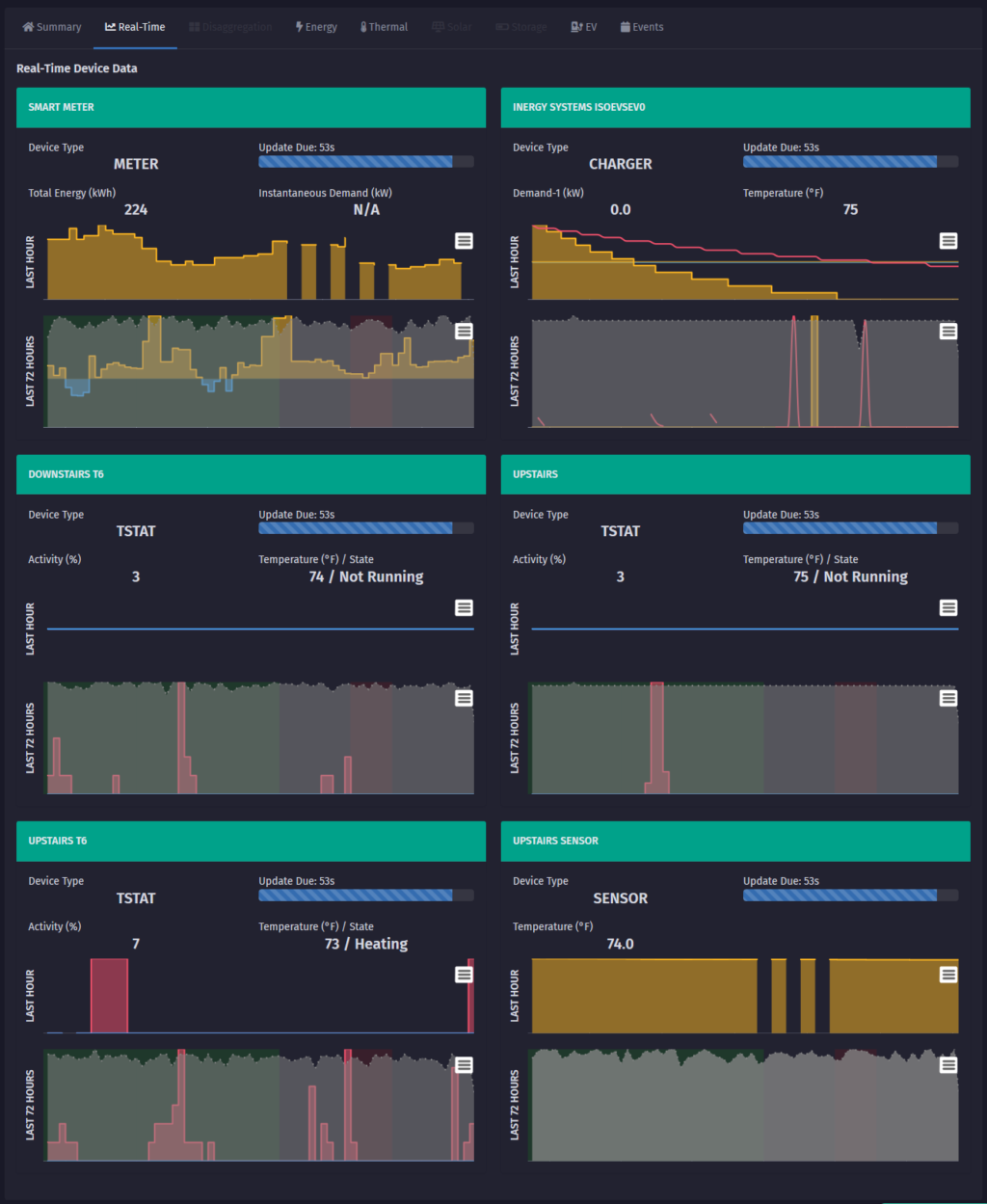Load Orchestration – Helping Us Fight Our Ballooning Energy Bills!

As the world increasingly relies on electrical energy to power our homes, businesses, and industries, managing our energy consumption has become more critical than ever. With energy bills rising due to increased demand and fluctuating supply costs, finding effective ways to manage and reduce these expenses is essential. One such solution that is gaining traction is load orchestration—a strategic approach to optimizing energy usage.
What Is Load Orchestration?
Load orchestration refers to the intelligent management of energy consumption across various devices and systems to maximize efficiency and reduce costs. It involves coordinating when and how much energy is used, ensuring that high-energy-consuming activities are scheduled during periods when electricity rates are lower, or renewable energy sources are abundant. This method is not just about reducing energy use but about using it smarter, distributing the load in a way that minimizes peaks and valleys in energy demand.
How Does Load Orchestration Work?
At its core, load orchestration works by balancing energy consumption based on real-time data and predictive analytics. Smart meters, IoT devices, and energy management systems work together to monitor energy usage patterns. When demand is expected to peak, the system can automatically adjust or shift non-essential energy consumption to off-peak hours. For example, in a household, the dishwasher or washing machine could be scheduled to run during the night when energy rates are lower. In a business setting, HVAC systems might be adjusted to operate more efficiently during the day based on occupancy levels.
The Benefits of Load Orchestration
- Cost Savings: The most immediate benefit of load orchestration is the reduction in energy bills. By shifting energy consumption to off-peak times and optimizing the use of renewable energy sources, consumers can take advantage of lower rates, reducing their overall costs.
- Improved Energy Efficiency: Load orchestration encourages the more efficient use of energy, helping to reduce wastage. It ensures that energy is used where and when it is needed most, rather than being consumed haphazardly.
- Environmental Impact: By optimizing energy use and integrating renewable energy sources, load orchestration contributes to reducing carbon footprints. It helps in balancing the demand and supply of energy, leading to lesser reliance on fossil fuels and a greater emphasis on sustainable energy.
- Enhanced Grid Stability: For utility companies, load orchestration helps in maintaining grid stability. By smoothing out demand peaks, the grid is less likely to experience overloads, reducing the risk of blackouts and other disruptions.
Lastly, as energy bills continue to rise, consumers are looking for more effective ways to manage their consumption and costs. Load orchestration offers a promising solution, helping to fight ballooning energy bills by optimizing when and how energy is used.


